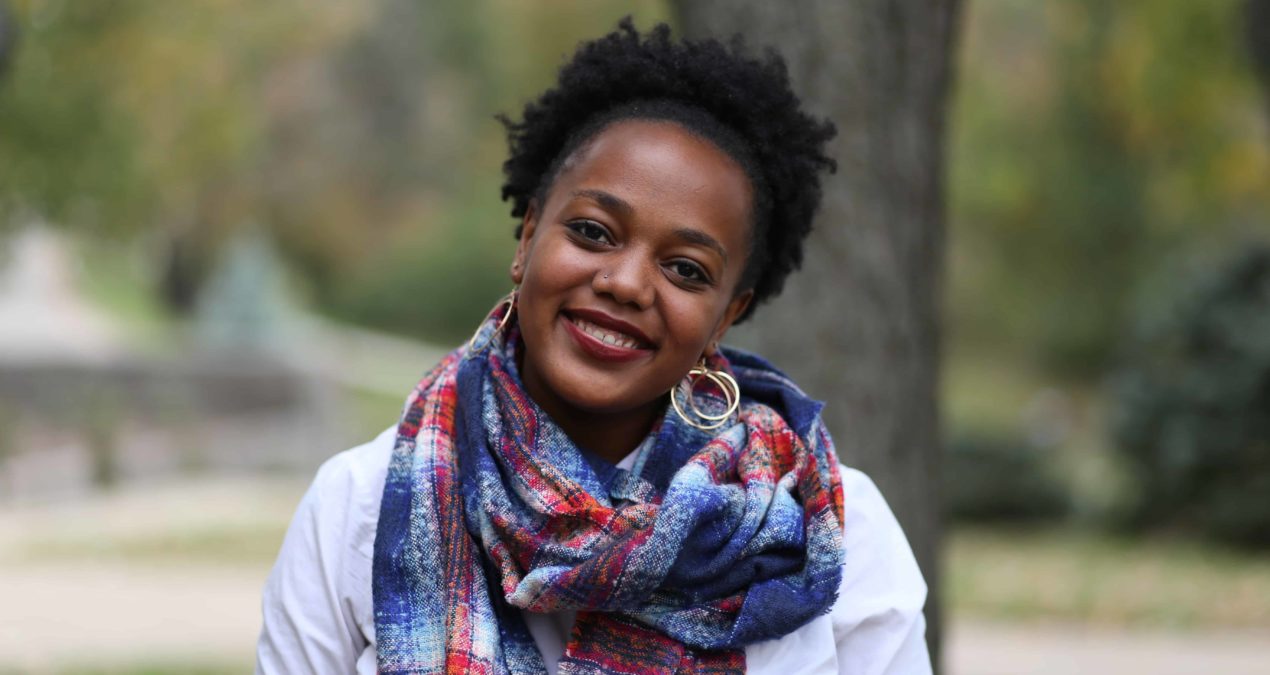By Jewell Porter ’16
Editor-in-Chief
Oftentimes, religion is used as more than a way to communicate how a person or group of people feel about the certainty of a higher power. Instead, it has been used as a means for people to make a political statement by choosing to use religious rhetoric in speeches or conversation or by constructing their political arguments based on their faith.
This tactic worked in earlier elections, and some could argue that it works now, too. But religion has also been used as a vehicle to shut down social equality between everyday Americans, which has also affected the way that I think about these issues because of my own history in the church.
In fact, I grew up there. A “preacher’s kid”, or “PK”, is what I later learned was one of my titles. My grandmother was the pastor, my mother was a minister and my aunt played the piano during services. It was a small southern pentecostal church in southeastern Virginia, and I was taught to love Jesus and hate “the gays” as they were called on the seldom occasion that they were mentioned.
The socially conservative nature of the black church has been part of shaping the political beliefs of those who grew up there.
For example, Donnie McClurkin, a pastor and popular gospel singer while I was growing up, said that God delivered him from the “curse” of homosexuality and even came out against the prospect of marriage equality.
If you would have asked me when I was younger, I would have told you that he was right to denounce it. I would have agreed with this bigotry.
But after a few years surrounded by people unlike myself at a small, predominantly white high school, I came to understand more about other religions and cultures, which prompted me to take a step away from my dogmatic religion.
I still identified as Christian, but I became much more critical of it. I no longer wished to attend church services, and my social views shifted. I came to realize that it’s important to avoid generalizing people based on their religious beliefs or personal habits lifestyles, but I did not and could not understand how this could fall in line with my own personal religious beliefs.
But here I am years later trying to figure out how my religion aligns with my political and social beliefs, and the truth is that I’m not sure how it does. In recent months, I have, instead, created some sort of balance between the two.
Of course, religion does not teach you that you can’t believe other groups don’t deserve equality, but it has so often been used as a way to put down other people and to divide us.
Can I still decide to curse, have an occasional drink and believe that all of my friends should be able to get married while simultaneously believing that God hears my prayers and Jesus died for me on the cross?
The mainstream media and conventional thought seems to tell me no, but the truth is that I’m not too convinced.
There isn’t one way to be a Christian, which is evidenced by the fact that there are so many different branches of Christianity, so why is it that we seem to believe that Christians should, for the most part, practice their Christianity the same way?
The truth is that it’s perfectly fine to go out to the bar on a Saturday night and wake up early on Sunday to make the 10:00 am church service. What’s important is the faith that you have in your heart.

